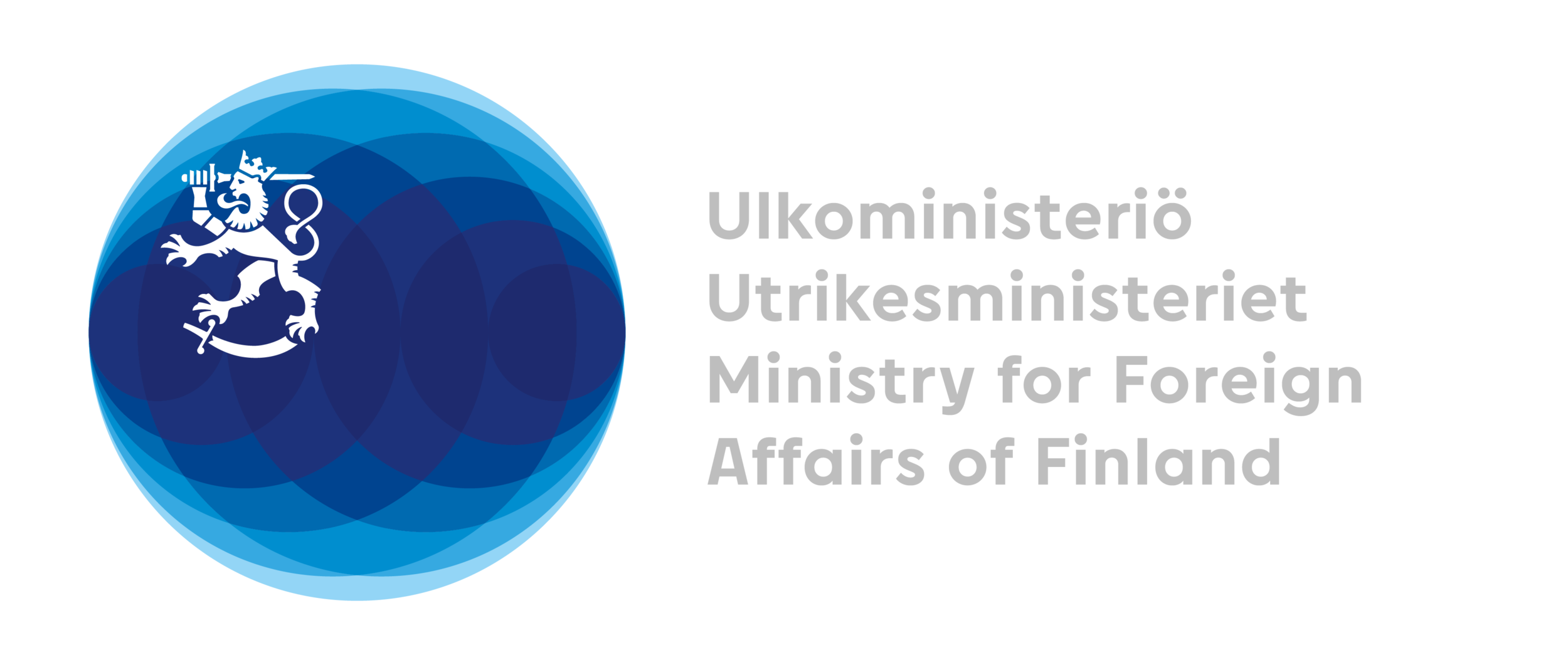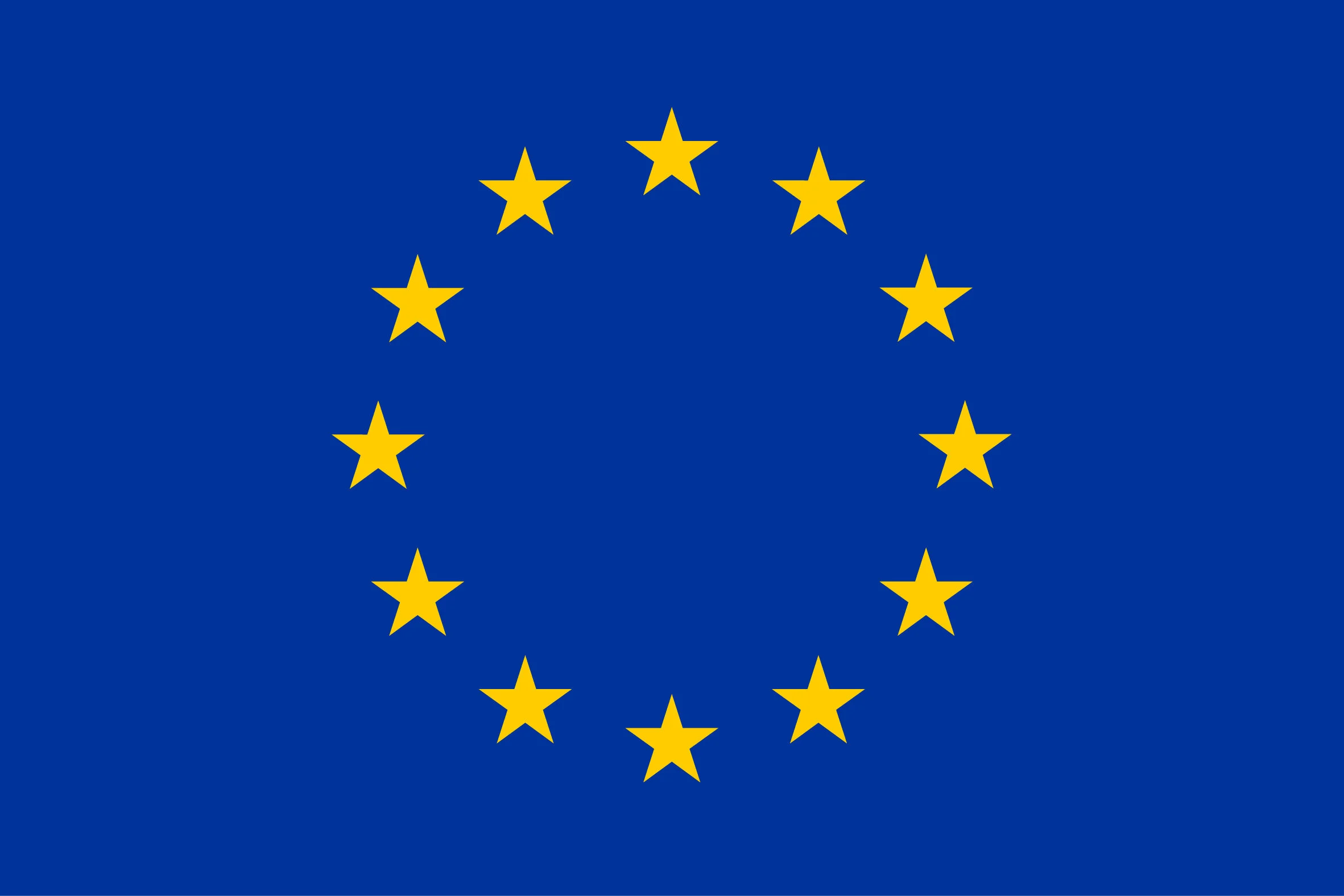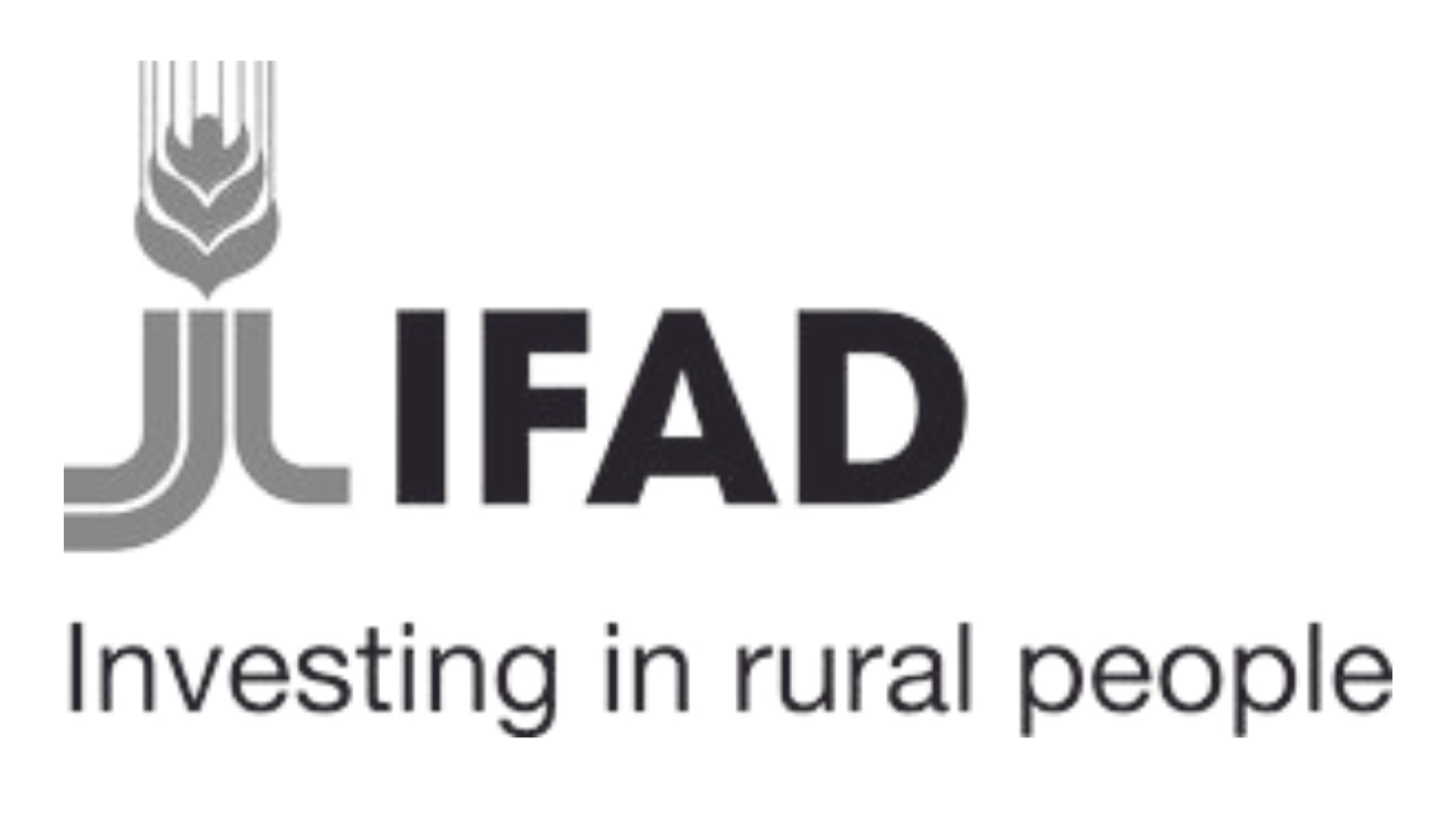Gendered impacts of Covid-19 and climate change on smallholder resilience
June 12, 2020
Eeva Mäkinen, Communications Officer
Gender equality, covid-19 and climate change
Gender equality is strongly affected by Covid-19 and climate change in smallholder farmer and producer communities in the rural south. A survey was conducted on the effects of Covid-19 and climate change on the resilience of smallholder farmers and producers in the spring of 2020.
The results of the survey discussed and validated at the International Web Conference on Multidimensional Resilience - Smallholder producers and farmers managing risks show three prevailing effects of Covid-19 and climate change on resilience:
income insecurity
increased poverty
food insecurity.
These impacts of crises have the highest effect on the most vulnerable groups – in particular women.
The impacts of Covid-19 pandemic indicate a direct effect of 22% increase in gender inequality – especially gender-based violence. Similarly, the results on climate change show an increase of 15% in gender inequality, which puts women at risk and causes economic disparity.
Women have less access to decision making processes, lack economic and social agency, and are not acknowledged as active contributors to resilient communities and resources. This calls for stronger inclusion of women in maintaining resilient, sustainable livelihoods and economies.
why is it important to raise the significant role of women in crises such as Covid-19 and climate change, among smallholder communities in the rural south?
There are 5 main reasons to this, according to Hannelore Beerlandt, CEO of AgriCord.
“[Gendered] solutions do not ask for different things but ask to do them differently”, Hannelore explains.
Women farmers and producers are crisis managers. They draw from their savings during crises in low- and middle-income countries and work in the informal, local sector. This renders them dependent on the local market, food, water and social security and excluded from logistical support, which is directed to the formal, male-dominated sector.
Women should not be relied on to perform as crisis managers. Better access to market, land and labour profitability should be supported. Women managing crises also only enables them to make short-term plans and goals, rather than investing in long-term, sustainable businesses and development.
Inclusion of women to access knowledge. This includes ensuring information is reached by women on the impacts of crises and supporting access to local networks with vendors. Online information does not reach rural areas, where a sustainable mobile internet connection is always not available. Offline communications strategies, which secure equal access to information is an imperative part of crisis response.
Women’s work should be identified, recognized and made formal. Women’s role is often invisible, which results in their needs and hopes not being recognized due to lack of inclusion in policy planning, strategies and implementation.
Sensitization of rural communities of gendered power structures is essential. During a crisis, selling women’s assets first is a normatively accepted practice. Assets in the Global South are not only economic assets, but also time and environment and security of private and public spaces. The value of these assets should be assessed and protected in smallholder communities.
Smallholder family farmers and their rural communities are on the frontlines of the impacts of both Covid-19 and climate change, which can be differentiated in particular according to intersectional variables – such as gender, ethnicity, race or class. Acting on these gendered effects is crucial in pursuing more inclusive, equal and resilient development of smallholder farmers and producers in the rural south.













